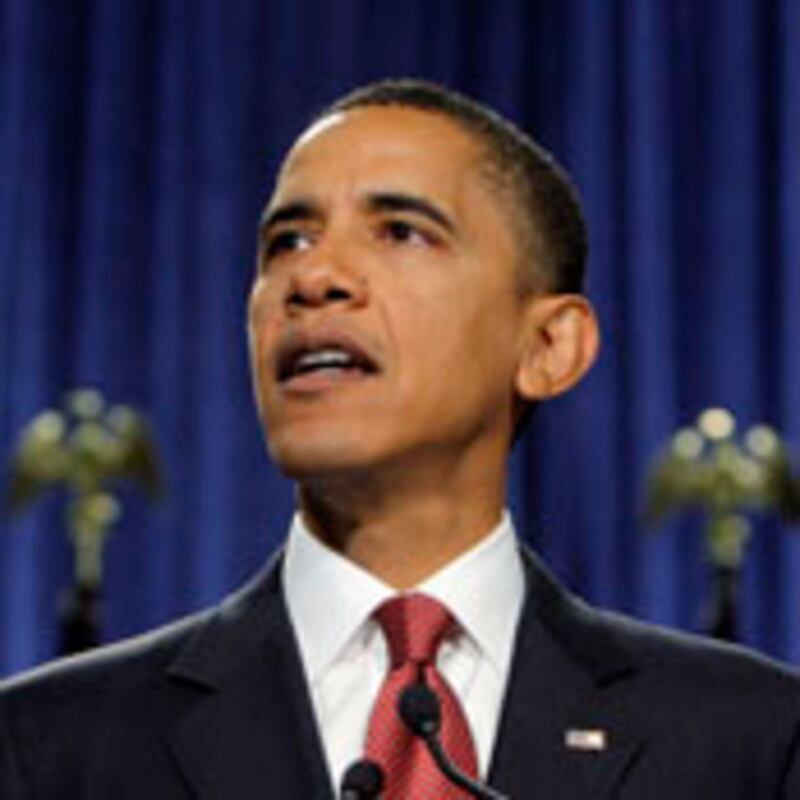
Sometime early next year, Barack Obama will likely take out his pen and sign a stimulus bill that creates the biggest budget deficit in the history of man.


Sometime early next year, Barack Obama will likely take out his pen and sign a stimulus bill that creates the biggest budget deficit in the history of man.